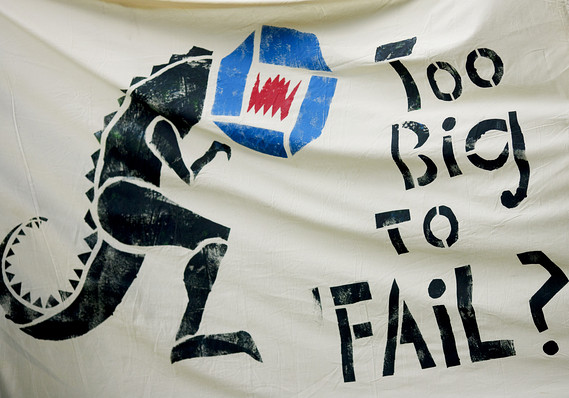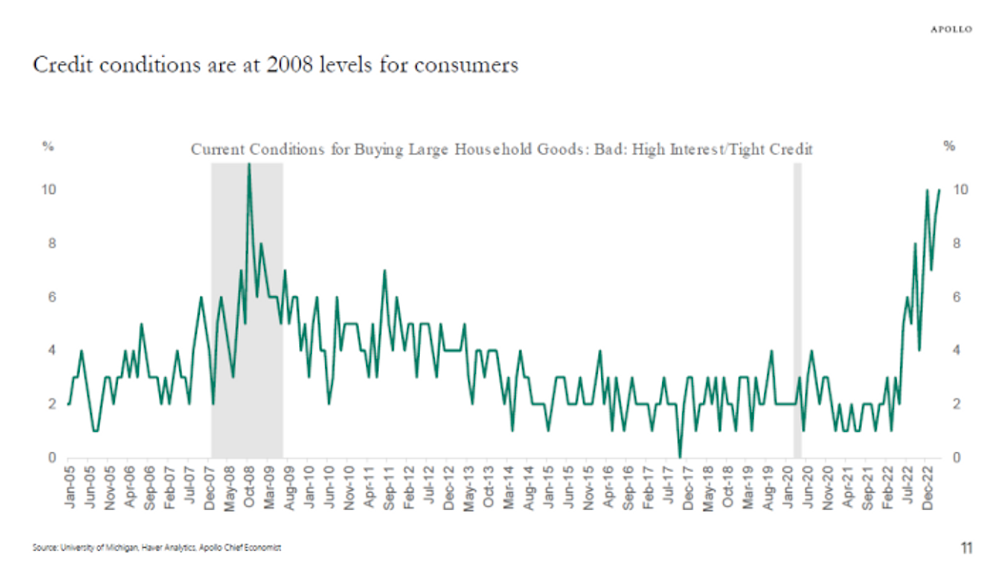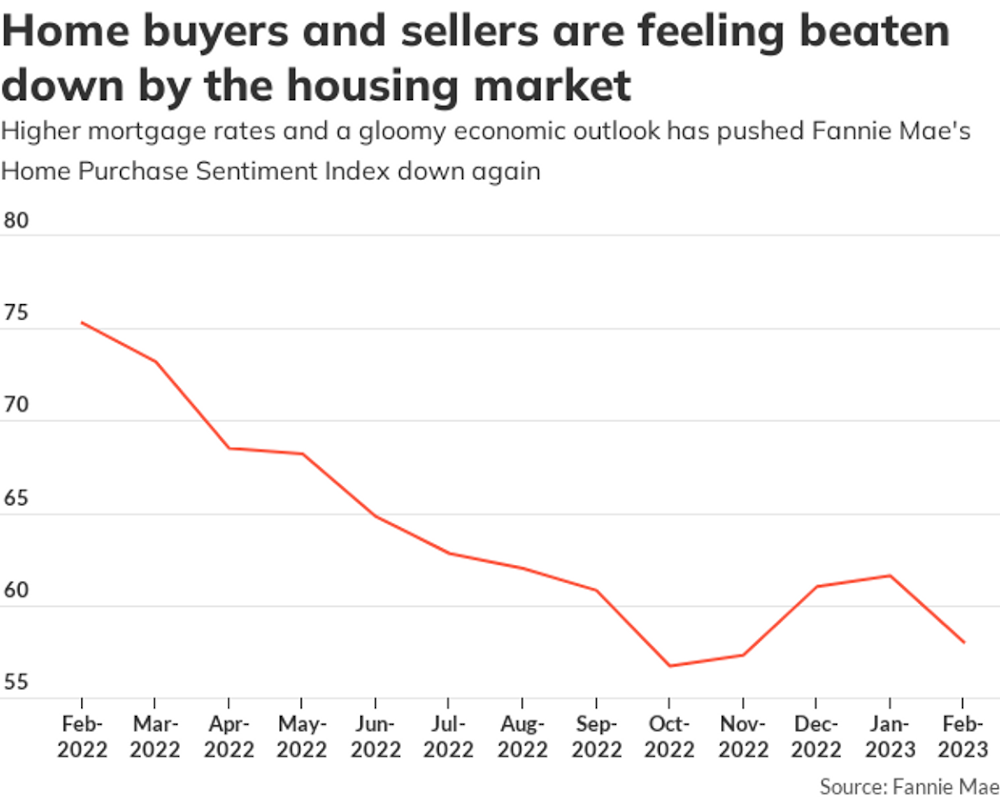
WASHINGTON -- Who will be the most regulated of them all?
Under the Obama administration's proposed regulatory revamp, certain companies would be set aside for special scrutiny if they are seen as large and interconnected enough that their failure would send a shudder through the economy.
The plan would require these companies, even if they aren't banks, to face much stricter oversight from the Federal Reserve. The central bank could examine everything from the company's domestic parent to its smallest foreign subsidiary.
View Full ImageAssociated Press
Treasury Secretary Timothy Geithner, above, on Capitol Hill Thursday. Certain companies tapped to receive special scrutiny from the Federal Reserve will be designated as 'Tier 1 financial holding companies.'
Officially designated "Tier 1 financial holding companies," they could be banks, insurers or almost any other large market player. Government officials believe most potential candidates already would be under Fed scrutiny because they are so-called bank-holding companies, such as Citigroup Inc. or Bank of America Corp.
It is possible only a handful of others might qualify. Candidates, according to analysts and some industry officials in Washington, include GE Capital, the financing arm of General Electric Co., and some large insurers. Big money managers such as Pacific Investment Management Co., or Pimco, and BlackRock Inc. mightn't qualify because they aren't as leveraged as commercial or investment banks.
A BlackRock spokesman declined to comment.
In deciding whether to bring a company under such oversight, the Fed would be able to assess the impact of the company's failure on the broader economy, its size, use of debt and dependence on short-term funding, and whether it is a critical source of credit for households, businesses, and state and local governments. The Fed also would be able to consider any "other relevant factors," the proposal states.
Too Big to Be Left Alone
Criteria the Federal Reserve would use to determine if a financial firm should be subject to its stricter regulatory regime:
Impact of a collapse on the financial system
Size, leverage and reliance on short-term funding
Role as provider of credit to homeowners, businesses and governments
Role as source of liquidity for the financial system
"Other relevant factors" that the Fed may choose to apply
Source: Obama administration regulatory blueprint
Treasury Secretary Timothy Geithner said at a Wednesday news briefing that he had an idea how many companies fell into this group but wouldn't provide a number. Asked if he believed hedge funds might qualify, he said "no." National Economic Council Director Lawrence Summers quickly countered that it was too early to tell, because the government hadn't analyzed enough information on the country's largest hedge funds.
"I don't think we have all the information that would be necessary to judge the situation of all the institutions that trade," Mr. Summers said. ("I accept the amendment," Mr. Geithner said in response.)
The creation of this new class of financial institutions is one of the most significant elements of the administration's proposal and is one area where the Fed could have the most discretion to change the rules over time. The central bank would have broad discretion to sweep any company into its net, which means the list could expand or shrink depending on the Fed's view of risk in the system.
This flexibility also would make it difficult for companies to intentionally manage their size or leverage solely to avoid qualifying for the strictest level of supervision.
Some industry lawyers said the new policy could force large companies like GE to spin off divisions such as GE Capital, because of strict new policies the Obama administration proposed about separating financial operations from commercial operations. The Fed has long wanted stricter divisions between those areas.
GE spokeswoman Anne Eisele said it was unclear whether the company would qualify as one of the super-regulated. "Tier 1 criteria have not been established, so it is too early to comment," she said. "We are strongly capitalized, with healthy ratios."
Ms. Eisele said GE was "committed to retaining GE Capital as an important part of our business." GE's shares fell 4% Wednesday to $12.15 on news that GE Capital could be regulated by the Fed. It fell another 1.5%, or 18 cents, on Thursday to $11.97.
Given the bankruptcy of Lehman Brothers Holdings Inc. and near-collapse of American International Group Inc., Obama administration officials believe it is now necessary to bring the country's largest, most interconnected businesses under a microscope so the government understands their risks.
While companies appeared leery of the prospect, some lawmakers worried about the opposite: that companies might benefit from being on this list by being able to borrow money less expensively than rivals.
"Tell me why that isn't a big, flashing neon sign, 'Too Big To Fail?' " Sen. David Vitter (R., La.) asked Mr. Geithner at a Senate hearing Thursday.
Mr. Geithner said the administration's plan would require these companies to hold more capital and would require them to give the government a "credible" plan for their dissolution, should it ever occur. The administration also is asking Congress for authority to establish a system to prevent an uncontrolled collapse of such companies.
Part of the Fed's new jurisdiction would direct it to come up with rules that would guide the identification of candidates for this list. It would have the power to review the books of a potentially large universe of companies in making that determination.
Under the Obama administration's proposed regulatory revamp, certain companies would be set aside for special scrutiny if they are seen as large and interconnected enough that their failure would send a shudder through the economy.
The plan would require these companies, even if they aren't banks, to face much stricter oversight from the Federal Reserve. The central bank could examine everything from the company's domestic parent to its smallest foreign subsidiary.
View Full ImageAssociated Press
Treasury Secretary Timothy Geithner, above, on Capitol Hill Thursday. Certain companies tapped to receive special scrutiny from the Federal Reserve will be designated as 'Tier 1 financial holding companies.'
Officially designated "Tier 1 financial holding companies," they could be banks, insurers or almost any other large market player. Government officials believe most potential candidates already would be under Fed scrutiny because they are so-called bank-holding companies, such as Citigroup Inc. or Bank of America Corp.
It is possible only a handful of others might qualify. Candidates, according to analysts and some industry officials in Washington, include GE Capital, the financing arm of General Electric Co., and some large insurers. Big money managers such as Pacific Investment Management Co., or Pimco, and BlackRock Inc. mightn't qualify because they aren't as leveraged as commercial or investment banks.
A BlackRock spokesman declined to comment.
In deciding whether to bring a company under such oversight, the Fed would be able to assess the impact of the company's failure on the broader economy, its size, use of debt and dependence on short-term funding, and whether it is a critical source of credit for households, businesses, and state and local governments. The Fed also would be able to consider any "other relevant factors," the proposal states.
Too Big to Be Left Alone
Criteria the Federal Reserve would use to determine if a financial firm should be subject to its stricter regulatory regime:
Impact of a collapse on the financial system
Size, leverage and reliance on short-term funding
Role as provider of credit to homeowners, businesses and governments
Role as source of liquidity for the financial system
"Other relevant factors" that the Fed may choose to apply
Source: Obama administration regulatory blueprint
Treasury Secretary Timothy Geithner said at a Wednesday news briefing that he had an idea how many companies fell into this group but wouldn't provide a number. Asked if he believed hedge funds might qualify, he said "no." National Economic Council Director Lawrence Summers quickly countered that it was too early to tell, because the government hadn't analyzed enough information on the country's largest hedge funds.
"I don't think we have all the information that would be necessary to judge the situation of all the institutions that trade," Mr. Summers said. ("I accept the amendment," Mr. Geithner said in response.)
The creation of this new class of financial institutions is one of the most significant elements of the administration's proposal and is one area where the Fed could have the most discretion to change the rules over time. The central bank would have broad discretion to sweep any company into its net, which means the list could expand or shrink depending on the Fed's view of risk in the system.
This flexibility also would make it difficult for companies to intentionally manage their size or leverage solely to avoid qualifying for the strictest level of supervision.
Some industry lawyers said the new policy could force large companies like GE to spin off divisions such as GE Capital, because of strict new policies the Obama administration proposed about separating financial operations from commercial operations. The Fed has long wanted stricter divisions between those areas.
GE spokeswoman Anne Eisele said it was unclear whether the company would qualify as one of the super-regulated. "Tier 1 criteria have not been established, so it is too early to comment," she said. "We are strongly capitalized, with healthy ratios."
Ms. Eisele said GE was "committed to retaining GE Capital as an important part of our business." GE's shares fell 4% Wednesday to $12.15 on news that GE Capital could be regulated by the Fed. It fell another 1.5%, or 18 cents, on Thursday to $11.97.
Given the bankruptcy of Lehman Brothers Holdings Inc. and near-collapse of American International Group Inc., Obama administration officials believe it is now necessary to bring the country's largest, most interconnected businesses under a microscope so the government understands their risks.
While companies appeared leery of the prospect, some lawmakers worried about the opposite: that companies might benefit from being on this list by being able to borrow money less expensively than rivals.
"Tell me why that isn't a big, flashing neon sign, 'Too Big To Fail?' " Sen. David Vitter (R., La.) asked Mr. Geithner at a Senate hearing Thursday.
Mr. Geithner said the administration's plan would require these companies to hold more capital and would require them to give the government a "credible" plan for their dissolution, should it ever occur. The administration also is asking Congress for authority to establish a system to prevent an uncontrolled collapse of such companies.
Part of the Fed's new jurisdiction would direct it to come up with rules that would guide the identification of candidates for this list. It would have the power to review the books of a potentially large universe of companies in making that determination.



















No hay comentarios:
Publicar un comentario